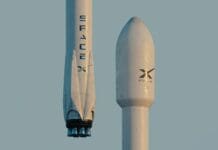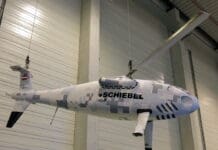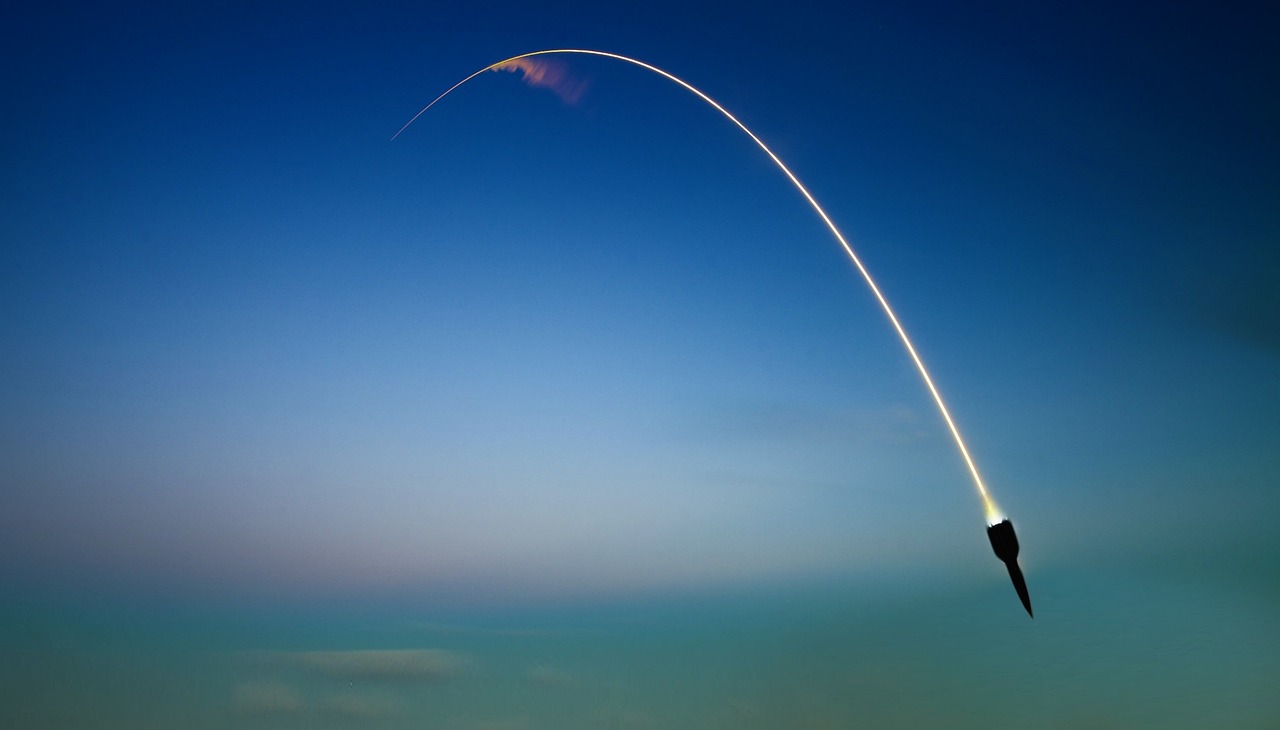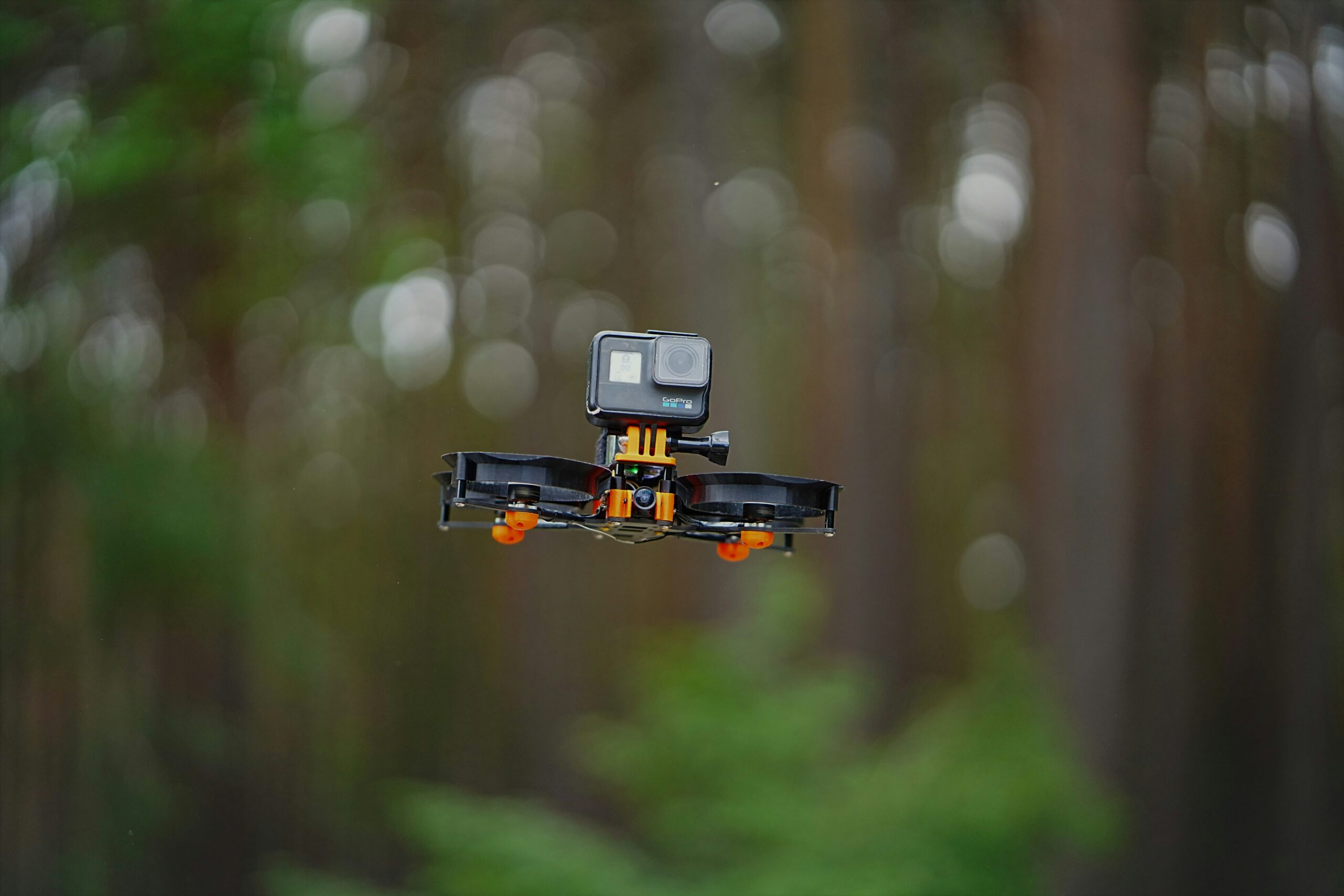This post is also available in:
 עברית (Hebrew)
עברית (Hebrew)
Semiconductors are basic components in many modern weapons systems. A recent international move was apparently aimed at curbing the proliferation of military technology to prevent it from leaking to states like China, North Korea and Iran.
A group of 42 countries has agreed to add military-grade software and manufacturing technology for weapons-capable chip parts to an international list of items subject to export controls in an effort to counter cyberattacks and other threats.
The amendment restricting weapon-capable semiconductor exports in order to ensure cyber-security was made by the member states of the Wassenaar Arrangement on Export Controls for Conventional Arms and Dual-Use Goods and Technologies (WA), a Vienna-headquartered international nonbinding regime that restricts the exporting of commodities and technologies that can be diverted for use by military forces and in weapons. The WA governs nine dual-use technologies and 22 categories of weaponry.
The 42 members include Britain, Russia, India and South Korea, but China, Iran and North Korea do not participate.
The amendment came amid rising concerns that key infrastructure and military systems might be subject to cyberattacks during the simmering standoff between the United States and Iran.
In Japan, companies including Mitsubishi Electric Corp. and NEC Corp., major players in the nation’s defense and infrastructure industries, have come under cyberattacks, with some suspecting involvement of Chinese cybercrime groups.
Propelled by growing calls for countermeasures to possible cyberattacks and terrorism, the Wassenaar Arrangement member states affirmed the need to control “invisible weapons” such as communication surveillance technologies and systems, as well as digital forensics systems that allow retrieving erased data, the sources said, according to kyodonews.net.
The agreement was reached unanimously at a WA meeting in December, as reported by japantimes.co.jp.


























